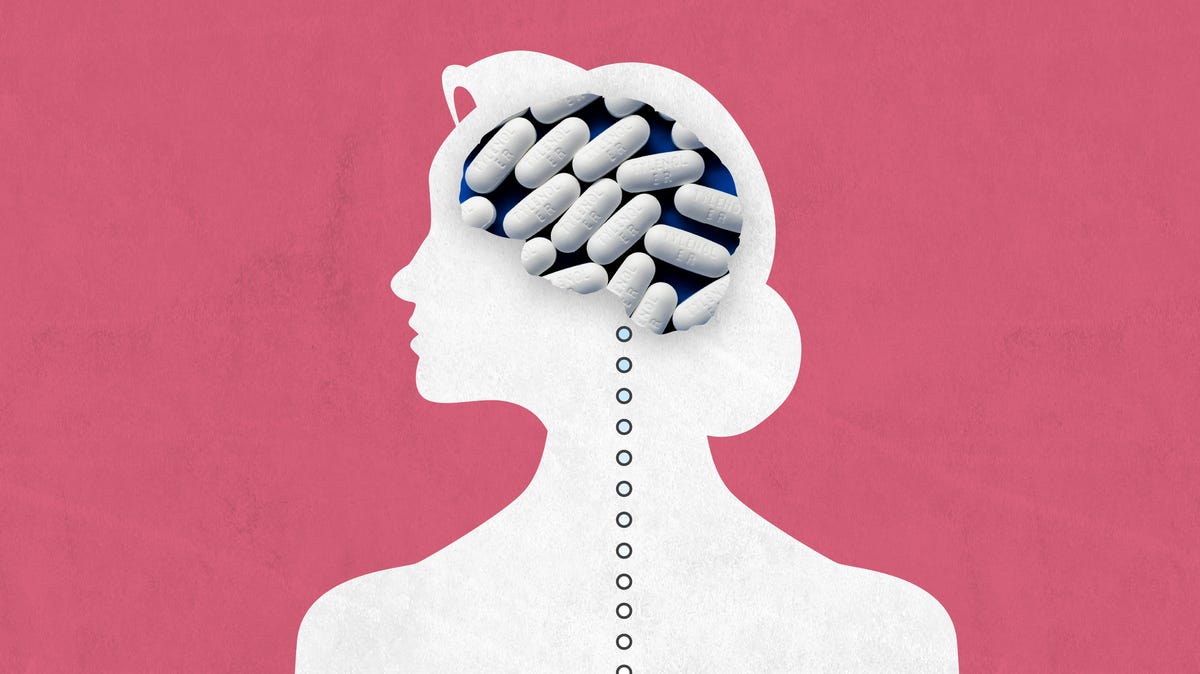On Sept. 22, President Donald Trump pushed an unproven link between Tylenol and an increase in autism in children, and he issued an urgent warning to expectant mothers not to take the medication.
What do we know about the drug? Tylenol is used to treat a several conditions, such as mild to moderate pain, fever, headaches, muscle aches, toothaches, backaches and colds. According to medical experts, when taken as directed, traditional over-the-counter pain relievers like acetaminophen and nonsteroidal anti-inflammatory medicines (NSAIDs) can be safe and effective.
Tylenol wasn’t widely used until 1950, when Tylenol Elixir for Children, a prescription medication at first, was promoted as an aspirin substitute, according to Tufts University School of Medicine. Acetaminophen, often sold under the brand name Tylenol, had long been considered the safest option for managing headaches, fever and other pain during pregnancy.
How does Tylenol (acetaminophen) work in your body?
Tylenol and NSAIDs lower temperature and relieve pain. They are used for treating various types of pain and are part of different drug classes. One significant distinction is that Tylenol does not relieve inflammation; NSAIDs do.
Tylenol falls under the umbrella of two other medication classes: analgesics (pain relievers) and antipyretics (fever reducers), says Dr. Anureet Walia, a pain management specialist with UI Health Care.
To this day, it’s still a bit of a mystery how acetaminophen works. What experts do know is acetaminophen works solely on the central nervous system, while NSAIDs work on the brain and the body as a whole. Here’s a theory of how acetaminophen works in the body:
Unable to view our graphics? Click here to see them.
‘Use as directed’: Comparing Tylenol and NSAIDs
Tylenol and NSAIDs both help with pain perception and fever, but the medications do have one key difference. Distinctly, Tylenol doesn’t have anti-inflammatory properties, meaning it won’t help with swelling or inflammation, says David Mangan, chief pharmacy officer at UMass Memorial Medical Center.
Like all drugs, the dosage matters. Taking your medication as recommended ensures you will receive its full benefits. Always take your current medical conditions and the sort of pain your body may experiencing into account when choosing between Tylenol and an NSAID.
Here’s a comparison on how theses drugs work:
Regardless of the type of pain reliever, it’s important to remember that Tylenol and NSAIDs should be taken only for episodic pain. “If your pain is constant and around the clock, it really should be a discussion with your physician about the source of the pain (and) how to best manage it,” Mangan says.
No casual link between Tylenol and autism
The American Psychiatric Association issued the following statement on autism in response to President Trump’s announcement:
“It is essential that the administration prioritizes evidence-based support for individuals on the autism spectrum and invests in long-term comprehensive research about the disorder.
“Vaccines do not cause autism. Claims of any such association have been repeatedly discredited in peer reviewed studies.
“Autism is a complex disorder, and it is incorrect to imply that a handful of studies have established causation. A strong base of evidence shows that acetaminophen, when taken as directed, is safe for use during pregnancy. Any decisions around a course of treatment should be determined by a patient and their doctor.”
The American Academy of Obstetricians and Gynecologists said in a news release Sept. 22: “In more than two decades of research on the use of acetaminophen in pregnancy, not a single reputable study has successfully concluded that the use of acetaminophen in any trimester of pregnancy causes neurodevelopmental disorders in children.”
CONTIBUTING Caroline C. Boyle, George Petras and Mary Walrath-Holdridge

